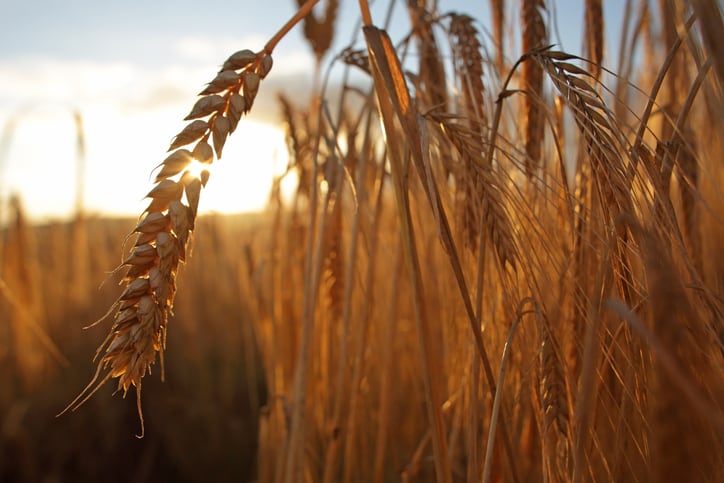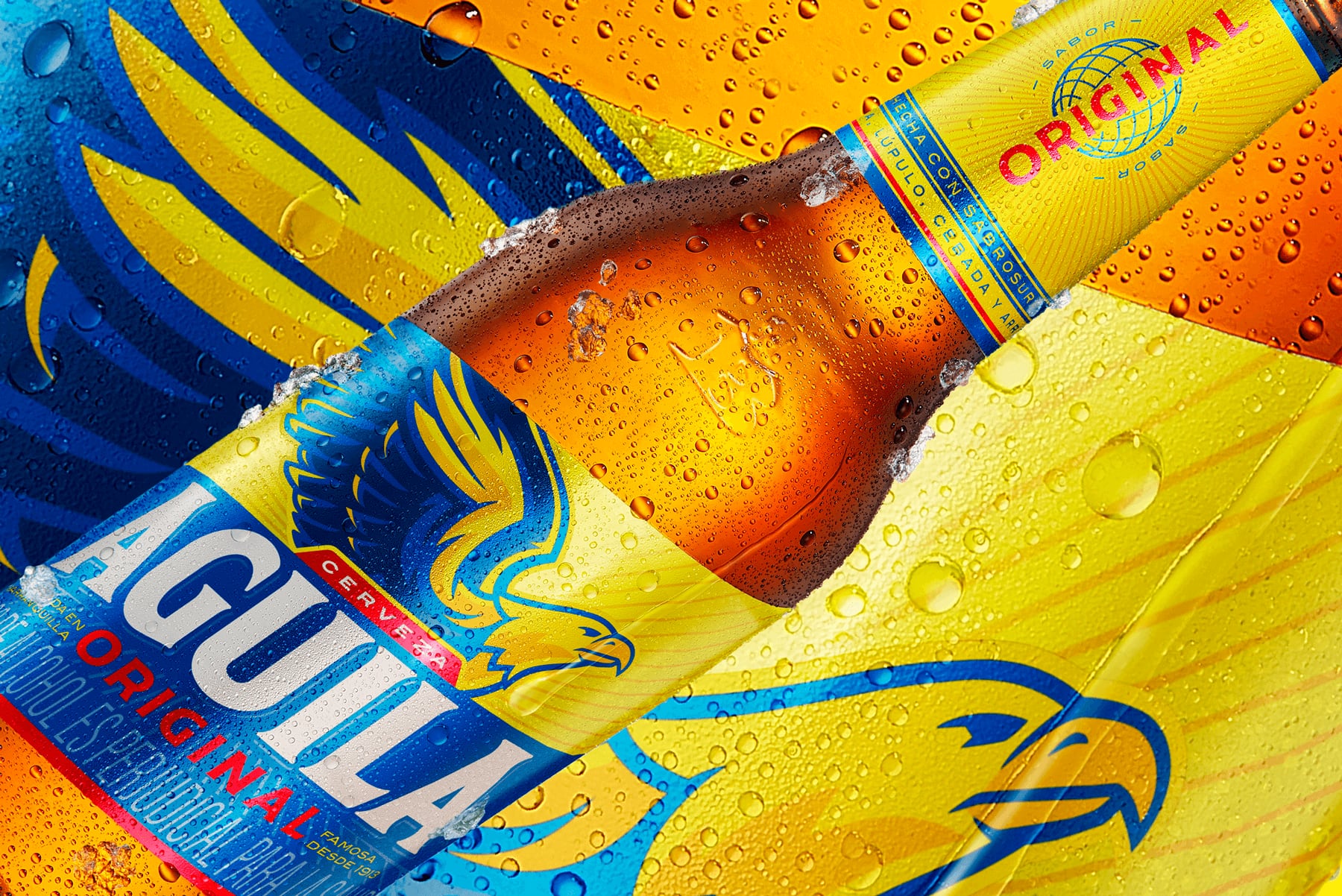The group wants to source 30% of all agricultural raw materials from regenerative practices and sustainable sources globally by 2030, rising to 100% by 2040.
Rethinking 'farm to bottle'
At its base, regenerative agriculture focuses on improving the health of soil, which has been degraded by the use of heavy machinery, fertilizers and pesticides in intensive farming.
“Aiming to promote biodiversity, restore soil health and support natural carbon capture, regenerative agriculture is an important part of the fight against climate change and biodiversity loss,” notes Carlsberg.
“Through some of our most demanding targets yet, we hope that working toward and delivering on this new ambition will help accelerate the beer industry’s transition to a regenerative model. And while rethinking the ‘farm to bottle’ process is a challenging journey, requiring multiple stakeholder alignments and value chain reconfigurations, the early examples emerging in the UK, Finland and France are encouraging.”
Partnerships are essential for successful regenerative farming projects, says Carlsberg, illustrating this with the three above markets.
New regenerative commitments in the UK
In the UK, Carlsberg Marston’s Brewing Company (CMBC) has committed to 100% regenerative barley for Carlsberg Danish Pilsner by 2027, and for all UK brands by 2031.
Starting the transition towards 100% regenerative barley in the UK, CMBC and the Archer-Daniels-Midland Company (ADM) have contracted the first 23 farmers to grow an estimated 7,000 tonnes of regenerative barley during 2023. Partnering with agriculture consultancy Ceres Rural, a regenerative agricultural protocol has been developed to align with Group practices, while considering the specific requirements and contexts for UK farmers.
Finland
In Finland, partner farmers are supplying regenerative barley to Sinebrychoff, a Carlsberg Group company, for its annual KOFF Christmas Beer, while actively promoting regenerative farming among Finnish barley farmers.
"Changing farmers’ mindsets to consider longer-term soil health before crop yield is one of the initial challenges in transitioning to regenerative farming," notes Carlsberg.
"This, coupled with the current lack of universal standards on regenerative farming, means that stakeholders who help to facilitate the transition are invaluable. The Baltic Sea Action Group (BSAG) works as a matchmaker between regenerative farmers, scientists and the wider value chain through its Carbon Action platform, resulting in Finland’s oldest and most popular Christmas beer being brewed with malted barley from two regenerative farms in 2022."
The first traceable Responsible Barley supply chain in France
In France, Kronenbourg SAS already has 45 partner farmers supplying traceable ‘Responsible Barley’, and the 1664 brand has committed to use this for 100% of the barley in its Blonde brews by 2026. As a brand holding 10% of the French beer market, 1664 will help to pivot the local industry in a new direction.
"In France, the Group’s Kronenbourg 1664 brand has partnered with Malteries Soufflet and Soufflet Agriculture of InVivo Group to create the first traceable ‘Responsible Barley’ supply chain in the country," notes Carlsberg.
"The aim is that, by 2026, Kronenbourg 1664 Blonde will be brewed with 100% barley malt sourced from this new agricultural value chain, with 250 partner farmers producing 5,000 hectares of responsibly sourced barley that is traceable using blockchain technology.
"For this ‘Responsible Barley’, a set of agricultural and environmental practices have been aligned with stakeholders up the value chain, and specifications have been implemented to maintain high quality standards. These help to sustainably manage agroecological zones and promote biodiversity; reduce the carbon footprint through soil analyses and optimised fertilisation, as well as additional carbon capture and biomass production; guarantee optimum barley quality; guarantee fair remuneration for partner farmers and outlets; and ensure transparency on French provenance."




